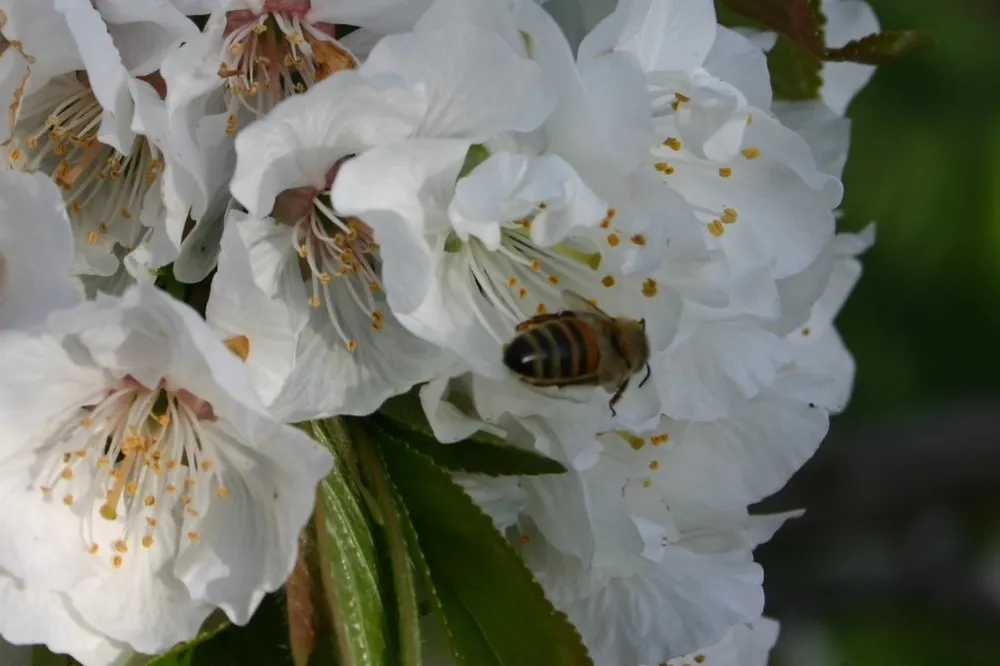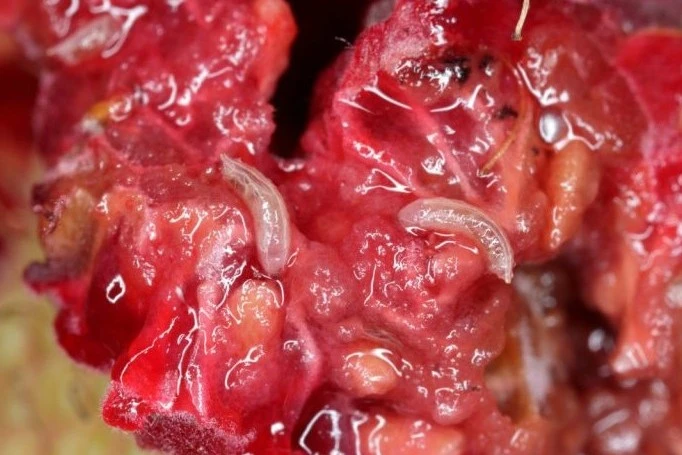Cherry orchards are increasingly exposed to a variety of harmful pathogens that threaten both tree vitality and fruit quality. These organisms, primarily fungi, attack multiple parts of the plant—including leaves, branches, flowers, and fruits—causing varying degrees of damage and significant annual yield losses.
It is clear that the presence of these diseases is a major limiting factor in the sustainable production of cherries. Additionally, climate change and monoculture practices further complicate the situation. First, the rise in extreme weather events—such as sudden temperature changes and irregular precipitation patterns—can lead to springtime conditions of high temperatures combined with elevated humidity levels, which are highly favorable to the development of fungal pathogens.
Secondly, monoculture—the continuous cultivation of the same crop over large areas—promotes the survival and accumulation of pathogens in orchards. This issue is particularly evident in older plantations, where the frequency and severity of disease symptoms tend to increase over time.
Fungal diseases and their impact
Among the most serious fungal diseases affecting cherry trees are anthracnose, leaf spot, and fruit rot (moniliosis). These diseases impair photosynthetic activity, weaken the trees, deform or spoil the fruit, and in the most severe cases, cause branch dieback.
Their widespread presence represents a significant barrier to increasing productivity and maintaining fruit quality. To address these challenges, a research program was conducted at the Technical University of Moldova between 2022 and 2023, aimed at evaluating the effectiveness of new fungicidal treatments.
The main goal was to analyze and compare the efficacy of two newer chemical products—Score 250 EC and Chorus 50—against common fungal pathogens such as Coccomyces hiemalis, Clasterosporium carpophilum, Monilia laxa, and Monilia cinerea, all frequently encountered in productive cherry orchards.
Research findings and recommendations
Field trials and comparative analyses showed that both fungicides demonstrated high biological effectiveness against the diseases studied. When applied at varying doses during key stages of the cherry growing season, Score 250 EC and Chorus 50 achieved pathogen control rates ranging from 82.4% to 91.8%.
These results were significantly better than those observed in untreated control plots. The products under study also proved competitive with the commercial standard fungicide Luna Sensation SC 500, particularly during periods of active disease outbreaks.
Based on these results, researchers in Chișinău recommend the use of Score 250 EC and Chorus 50 as effective fungicidal solutions within an integrated protection system for cherry orchards. Depending on the level of infection and the economic damage threshold, 2 or 3 applications may be carried out during the growing season.
Integrating these fungicides into regular orchard management significantly reduces disease pressure, improves tree health, and enhances both yield and fruit quality.
Source: Results of research new fungicides for combating invasive diseases in cherry in the central region
Melissa Venturi
University of Bologna (ITA)
Cherry Times - All rights reserved










